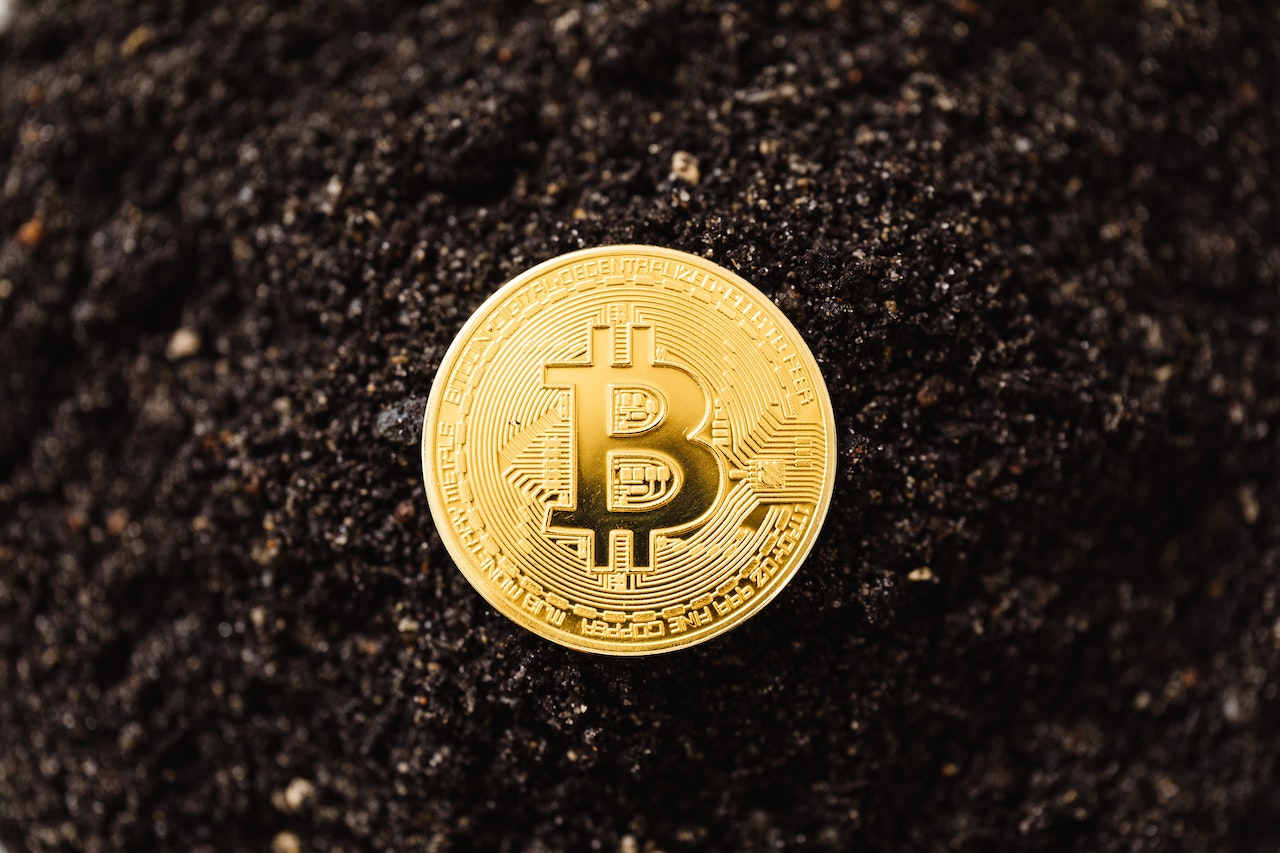In the realm of finance and digital innovation, few topics spark as much debate and fascination as cryptocurrencies, with Bitcoin leading the charge. While traditional fiat currencies have been the cornerstone of global economies for centuries, Bitcoin has emerged as a disruptive force, challenging the status quo and redefining the way we perceive money. But what exactly sets Bitcoin apart from fiat currency, and what makes it a superior alternative in many respects? Let’s delve into the characteristics that make Bitcoin a compelling choice in the modern financial landscape.
Decentralization: Liberating Money from Central Authorities
One of the most fundamental distinctions between Bitcoin and fiat currency lies in their underlying structure and governance. Fiat currencies are issued and regulated by central authorities such as governments and central banks, which wield significant control over monetary policies, supply, and distribution. In contrast, Bitcoin operates on a decentralized network, free from the influence of any single entity. This decentralization ensures that no central authority can manipulate the supply of Bitcoin or control its value, making it immune to political interference and inflationary pressures.
Transparency and Security: Trust in the Blockchain
At the heart of Bitcoin’s revolutionary design is blockchain technology, a distributed ledger that records all transactions in a transparent and immutable manner. Every Bitcoin transaction is permanently recorded on the blockchain, visible to anyone with internet access. This transparency not only fosters trust among users but also ensures the integrity and security of the network. Unlike fiat currency transactions, which can be susceptible to fraud, counterfeiting, and manipulation, Bitcoin transactions are cryptographically secured and resistant to tampering, providing a higher level of security and trust.
Limited Supply: The Scarce Digital Gold
One of the key attributes that distinguishes Bitcoin from fiat currency is its fixed supply. Satoshi Nakamoto, the mysterious creator of Bitcoin, designed the cryptocurrency to have a maximum supply of 21 million coins, making it inherently deflationary. This scarcity model stands in stark contrast to fiat currencies, which can be printed or minted at will by central authorities, often leading to inflation and erosion of purchasing power over time. The finite supply of Bitcoin not only preserves its value but also imbues it with properties akin to digital gold, making it a desirable store of value and hedge against inflation.
Global Accessibility: Empowering the Unbanked
Bitcoin transcends geographical boundaries and financial barriers, offering unparalleled accessibility to anyone with an internet connection. Unlike traditional banking systems, which can be exclusionary and inaccessible to millions of people worldwide, Bitcoin enables frictionless peer-to-peer transactions, bypassing intermediaries and empowering the unbanked population. This global accessibility is particularly significant in regions plagued by economic instability, hyperinflation, or oppressive regimes, where traditional financial systems have failed to provide reliable solutions.
Final Thoughts: Embracing the Future of Money
While fiat currencies have long served as the cornerstone of global economies, the rise of Bitcoin has sparked a paradigm shift in the way we perceive and transact value. With its decentralized nature, transparency, security, limited supply, and global accessibility, Bitcoin offers a compelling alternative to traditional fiat currencies, ushering in a new era of financial sovereignty and empowerment. While the journey towards mainstream adoption may be fraught with challenges and uncertainties, the potential of Bitcoin to reshape the future of money cannot be overstated. As we navigate the evolving landscape of finance and technology, embracing the principles of decentralization, transparency, and financial inclusivity embodied by Bitcoin may pave the way towards a more equitable and resilient financial system for generations to come.
